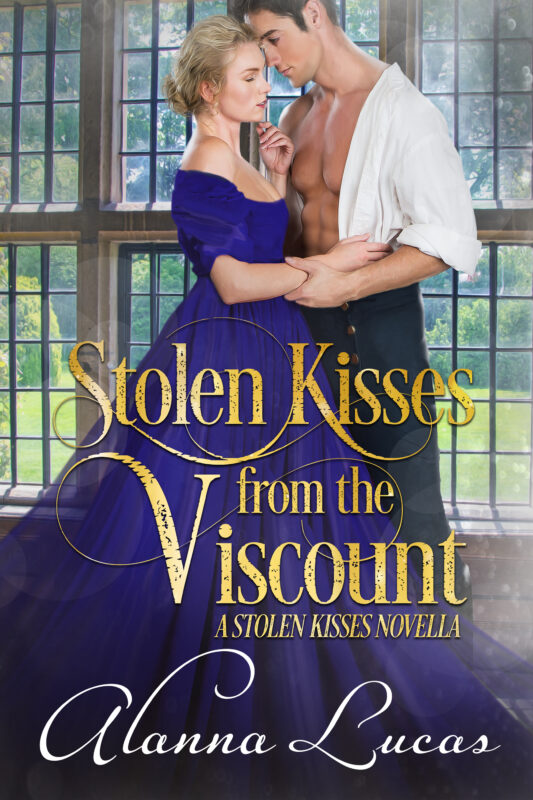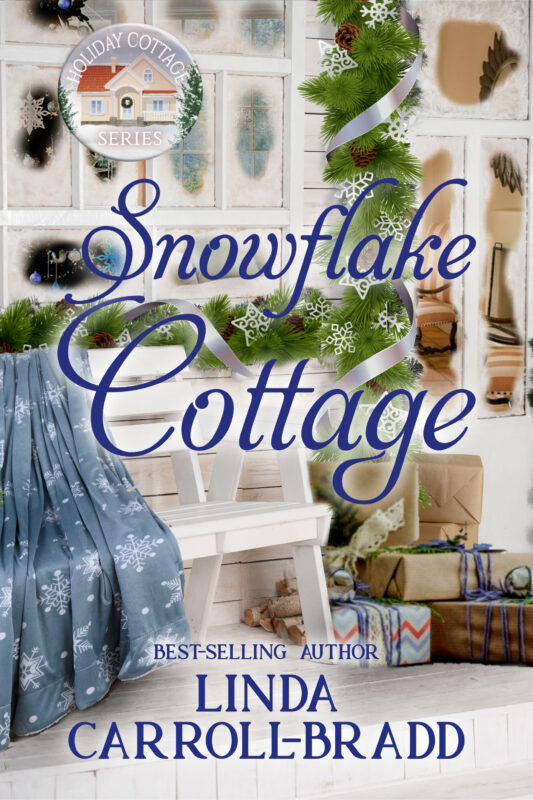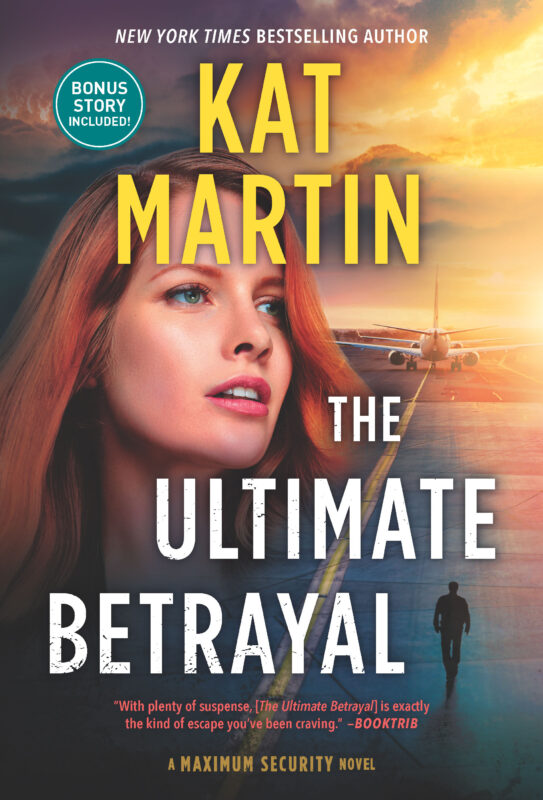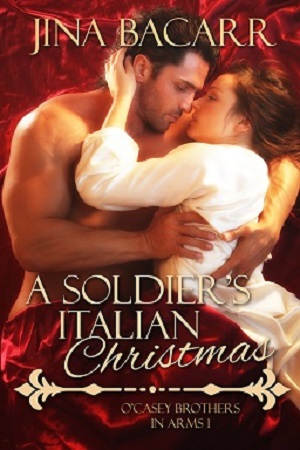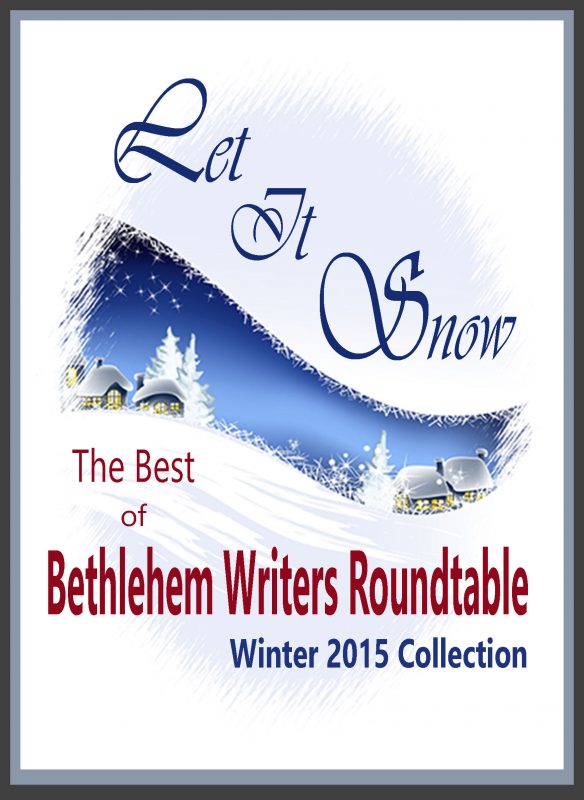Chapter Meeting News – September 12, 2009
September 9, 2009 by A Slice of Orange in category Archives tagged as Chapter Meeting InformationGeneral Meetings are held the second Saturday of the month at the Brea Community Center, 695 E. Madison Way, Brea, CA 92821. For a map and directions, click here.
Meeting fees are $10 for Members and $20 for Non-Members.
Meeting Schedule for September 12 2009:
9:30 am: Doors Open / Ask an Author—Volunteer Ask an Author/s for September: Nancy Farrier
10:30 – 10:45 am: Announcements
Morning Workshop Speaker: EVE ORTEGA w/a TESSA DARE Historical romance author and OCC Member, Eve Ortega will be discussing “Cut to the Chase: Techniques to Keep Your Prose Tight and Your Story Moving.” She is a part-time librarian, full-time mommy, and swing-shift writer of historical romance. RT Book Reviews has given four and half stars to all three books in Eve’s Regency England trilogy–Goddess of the Hunt, Surrender of A Siren, and A Lady of Persuasion.
11:50 – 1:00: Lunch Break (Lunch Orders available)
12:30 – 1:00: Book signings
1:00 – 1:30 pm: General Meeting and Announcements
Afternoon Speaker: LINDA HOWARD–New York Times Best-selling author Author of romantic suspense, including Up Close and Dangerous, Drop Dead Gorgeous, Cover of Night, Killing Time, To Die For, Kiss Me While I Sleep, Cry No More, Dying to Please, and her newest release Burn. Linda began writing at the age of nine, sold her first book way back when dirt was two days old, and currently lives in a nut house. She has no idea how she ever gets a book written, but nevertheless, she’s written forty-something of them so far, and may be closing in on the number fifty, but she doesn’t know and has no time to count them. She does know that number 25, Dream Man, was the first to hit the New York Times List, and every book since then has also made the list. She is active in her local RWA chapter, Heart of Dixie, and served a four year term on the RWA Board of Directors.
3:00 pm: Meeting Adjourns
Attention: OCC Members Attending the Meeting–Monthly Critique Drawings!Volunteer Critique Author for September: Laura Wright
Important 2009 Dates to Remember:
September 14, 2009 – October 10, 2009 Online Class: “Plot That Novel YOUR Way” with Sue Viders and Becky Martinez.
For current Online Class Schedule and registration information, please visit http://www.occrwa.org/onlineclasses.html.
For more chapter meeting information visit OCC’s website at http://www.occrwa.org
Inner beauty is great…but gimme a little outer beauty, too!
September 8, 2009 by A Slice of Orange in category ArchivesIf you watched Miss Universe recently, you’re probably feeling overly conscious of your age, your pores, the crooked teeth your miserly parents always assured you were “characterful.â€
At the same time, beauty pageants are fun to watch—how could they not be, with all that beauty on display? If you like to look at pretty things, Miss Universe is a must-see show.
You just have to hold on to your perspective. Remember, those women have trained for years to get where they are now, and it hasn’t been easy. That looking beautiful is their job, while for the rest of us it’s very much an optional extra.
My latest book (Her So-Called Fiancé, out from Harlequin Superromance this week), features a beauty queen heroine. Sabrina is forced to keep a hold of her perspective when the media attributes her dumping in the first round of the Miss USA pageant to her chunky thighs. Ouch!
So, what can we learn from beauty queens? Some beauty tips, obviously! Try these, which come courtesy of Hollie Domiano, a volunteer in the Miss America program and author of Myths America: A Practical Guide to Pageantry (self-published through Lulu.com for the specialist pageant market):
– Use hair conditioner for shaving your legs etc. It lubricates the hair and makes shaving easier. Your skin will be smoother, too.
– Got sunburn? Take a cup each of cornstarch and baking soda, place in a bath of cool water, and soak in it.
– Need moisture on your skin? Try oatmeal. It’s great for moisturizing dry skin.
For a lighthearted look at keeping our wannabe beauty queen feet firmly grounded, Julie Linker, author of young adult novel Crowned, passes on these “truisms†:
You know you’re a beauty queen when
– You know the difference between a crown and a tiara.
– You own 2 pairs of taupe leather pumps.
– You think 5-inch acrylic heels go with everything.
– You paid more for your evening gown than for your car.
– Your coach has never caught a football.
– Diet Coke is the breakfast of champions.
Hmm, I think I just got disqualified.
What’s your take on beauty and pageantry? Are you pro-pageants – or do they just make you feel a mess?
Abby
A Question About Questions
September 6, 2009 by Linda O. Johnston in category Pets, Romance & Lots of Suspense by Linda O. Johnston tagged as Berkley Prime Crime, blogging, Linda O. Johnston, QuestionsSo… what would you like to see me write about here? I’m asking for you to post a comment and let me know! I’d love to address what our members and other blog visitors want to hear about from me.
I’ve got lots of ideas about writing, and ideas about selling what you write, and, yes, ideas about getting ideas! I write in different genres, and I write two series (my Kendra Ballantyne, Pet-Sitter mystery series, plus my Alpha Force shapeshifter series for Silhouette Nocturne) and am about to embark on my third–a spin-off mystery series about Lauren Vancouver, pet rescuer. If you have questions about any of that, please let me know and I’ll be glad to address answers in future blog posts. Or–nearly–anything else relating to writing. Just ask, and I’ll try to oblige.
Meantime, I consider OCC an immeasurable asset to my writing. If you’re a member, you know what I’m talking about!
Linda O. Johnston
http://www.lindaojohnston.com/
http://www.killerhobbies.blogspot.com/
Linda O. Johnston is the author of 16 romance novels and several novellas, including a Nocturne Bites, with more Nocturnes upcoming. She also writes the Kendra Ballantyne, Pet-Sitter mystery series from Berkley Prime Crime and will soon start working on the spin-off Pet Rescue series.
Launching in August, Harlequin Teen
August 30, 2009 by A Slice of Orange in category Archives tagged as Harlequin, Harlequin Teen, Isabel SwiftI wanted to update you and share information about the launch of Harlequin Teen. You can click on the Harlequin Teen link & see the information about the line, with text and pictures. I’ve also have included the text and links below.
MY SOUL TO TAKE
by Rachel Vincent
On sale Aug. ’09
Learn more
INTERTWINED
by Gena Showalter
On sale Sept. ’09
Learn more
The Artist’s Way
August 29, 2009 by A Slice of Orange in category The Artist Way by Gillian Doyle tagged as Artist's Way, Gillian Doyle In July, the day before my scheduled blog post here on a A Slice of Orange, my mother passed away after only three weeks on hospice. She had moved into an Alzheimer’s care facility in March but had not yet reached the “tipping point” when a patient is no longer cognizant of reality. For this I am grateful. Ultimately, she succumbed to kidney failure. She was not in pain, but it was difficult to watch her struggle to hold on until my brothers arrived from out of state.
In July, the day before my scheduled blog post here on a A Slice of Orange, my mother passed away after only three weeks on hospice. She had moved into an Alzheimer’s care facility in March but had not yet reached the “tipping point” when a patient is no longer cognizant of reality. For this I am grateful. Ultimately, she succumbed to kidney failure. She was not in pain, but it was difficult to watch her struggle to hold on until my brothers arrived from out of state.
Not surprisingly, I did not have the time nor the state of mind to fulfill my obligation to write a blog entry for A Slice of Orange.
These last few weeks — months, actually — have been a deeply spiritual journey. All of life is a spiritual journey, as I see it. But some times much more than others.
Since starting this ARTIST’S WAY blog on A Slice of Orange, I have had to choose my words carefully because spirituality can be a sensitive subject, open to different interpretation by each reader. For this reason, I have avoided delving too far into the spiritual aspect of our creativity . . . of the Source of our creative natures, whether it is called God or Divine Mind or Universal Intelligence. But as the months progressed, as I have struggled with my own spiritual challenges during my mother’s illness, I have found it harder and harder to step gingerly around this subject.
And now another aspect must be considered —
A Slice of Orange is owned by the Orange County Chapter of Romance Writers of America — a business-oriented nonprofit organization that must adhere to state laws governing nonprofits as well as laws of the Internal Revenue Service. For this reason, the chapter blog needs to have basic guidelines for content. Understandably so.
Ultimately, the OCCRWA board is held accountable by the National organization to follow state and IRS laws. One of these rules is that the nonprofit business organization cannot benefit any individual, but only the group as a whole. In simple words, no author can be singled out for publicity. And yet, that is exactly what my blog has been doing for THE ARTIST’S WAY author, Julia Cameron. Also, I have been promoting the ARTIST’S WAY workshops at the Bodhi Tree in West Hollywood. I don’t receive any compensation, but it is an endorsement that is appearing here in the chapter’s blog.
As a member of the current OCCRWA board, I understand the need for regulation of subject matter and language, as well as the limitation of author promotion. While I did vote in favor of the new guidelines, I knew that the spiritual basis of the ARTIST’S WAY would no longer be appropriate material for A Slice of Orange as a representation of the chapter. These rules are in the best interest of OCC’s blog to serve as an encouragement to writers while following the letter of the law for nonprofit business organizations.
For quite some time now, I have been drawn more and more toward a spiritual calling. This past year as my mother’s caregiver, I have put almost everything else in my life on hold. I am now at a point where I can take a bolder step toward this calling, perhaps even ministerial school. (Stranger things have happened!
Thank you, OCCRWA, for allowing me to share my own thoughts about the ARTIST’S WAY these months. I have enjoyed this opportunity.
Namaste‘
– Gillian Doyle
Affiliate Links
A Slice of Orange is an affiliate with some of the booksellers listed on this website, including Barnes & Nobel, Books A Million, iBooks, Kobo, and Smashwords. This means A Slice of Orange may earn a small advertising fee from sales made through the links used on this website. There are reminders of these affiliate links on the pages for individual books.
Search A Slice of Orange
Find a Column
Archives
Featured Books
STOLEN KISSES FROM THE VISCOUNT
Desperate times call for drastic measures…
More info →THE ULTIMATE BETRAYAL
To prove her father’s innocence, she’ll have to turn a killer's sights on herself.
More info →A SOLDIER’S ITALIAN CHRISTMAS
A soldier and a nun discover forbidden love in war-torn Italy during the winter of 1943.
More info →Newsletter
Contributing Authors
Search A Slice of Orange
Find a Column
Archives
Authors in the Bookstore
- A. E. Decker
- A. J. Scudiere
- A.J. Sidransky
- Abby Collette
- Alanna Lucus
- Albert Marrin
- Alice Duncan
- Alina K. Field
- Alison Green Myers
- Andi Lawrencovna
- Andrew C Raiford
- Angela Pryce
- Aviva Vaughn
- Barbara Ankrum
- Bethlehem Writers Group, LLC
- Carol L. Wright
- Celeste Barclay
- Christina Alexandra
- Christopher D. Ochs
- Claire Davon
- Claire Naden
- Courtnee Turner Hoyle
- Courtney Annicchiarico
- D. Lieber
- Daniel V. Meier Jr.
- Debra Dixon
- Debra H. Goldstein
- Debra Holland
- Dee Ann Palmer
- Denise M. Colby
- Diane Benefiel
- Diane Sismour
- Dianna Sinovic
- DT Krippene
- E.B. Dawson
- Emilie Dallaire
- Emily Brightwell
- Emily PW Murphy
- Fae Rowen
- Faith L. Justice
- Frances Amati
- Geralyn Corcillo
- Glynnis Campbell
- Greg Jolley
- H. O. Charles
- Jaclyn Roché
- Jacqueline Diamond
- Janet Lynn and Will Zeilinger
- Jaya Mehta
- Jeannine Atkins
- Jeff Baird
- Jenna Barwin
- Jenne Kern
- Jennifer D. Bokal
- Jennifer Lyon
- Jerome W. McFadden
- Jill Piscitello
- Jina Bacarr
- Jo A. Hiestand
- Jodi Bogert
- Jolina Petersheim
- Jonathan Maberry
- Joy Allyson
- Judy Duarte
- Justin Murphy
- Justine Davis
- Kat Martin
- Kidd Wadsworth
- Kitty Bucholtz
- Kristy Tate
- Larry Deibert
- Larry Hamilton
- Laura Drake
- Laurie Stevens
- Leslie Knowles
- Li-Ying Lundquist
- Linda Carroll-Bradd
- Linda Lappin
- Linda McLaughlin
- Linda O. Johnston
- Lisa Preston
- Lolo Paige
- Loran Holt
- Lynette M. Burrows
- Lyssa Kay Adams
- Madeline Ash
- Margarita Engle
- Marguerite Quantaine
- Marianne H. Donley
- Mary Castillo
- Maureen Klovers
- Megan Haskell
- Melanie Waterbury
- Melisa Rivero
- Melissa Chambers
- Melodie Winawer
- Meriam Wilhelm
- Mikel J. Wilson
- Mindy Neff
- Monica McCabe
- Nancy Brashear
- Neetu Malik
- Nikki Prince
- Once Upon Anthologies
- Paula Gail Benson
- Penny Reid
- Peter Barbour
- Priscilla Oliveras
- R. H. Kohno
- Rachel Hailey
- Ralph Hieb
- Ramcy Diek
- Ransom Stephens
- Rebecca Forster
- Renae Wrich
- Roxy Matthews
- Ryder Hunte Clancy
- Sally Paradysz
- Sheila Colón-Bagley
- Simone de Muñoz
- Sophie Barnes
- Susan Kaye Quinn
- Susan Lynn Meyer
- Susan Squires
- T. D. Fox
- Tara C. Allred
- Tara Lain
- Tari Lynn Jewett
- Terri Osburn
- Tracy Reed
- Vera Jane Cook
- Vicki Crum
- Writing Something Romantic
Affiliate Links
A Slice of Orange is an affiliate with some of the booksellers listed on this website, including Barnes & Nobel, Books A Million, iBooks, Kobo, and Smashwords. This means A Slice of Orange may earn a small advertising fee from sales made through the links used on this website. There are reminders of these affiliate links on the pages for individual books.


